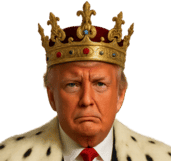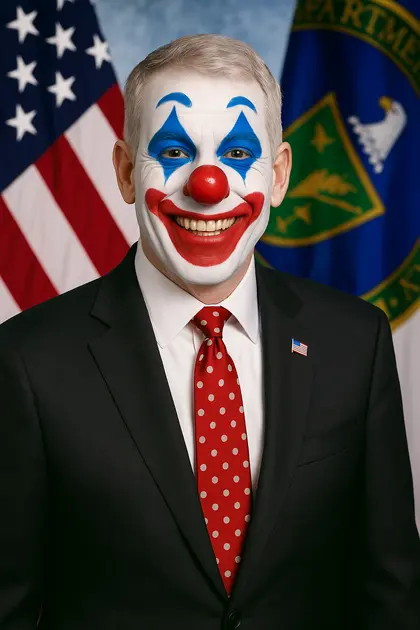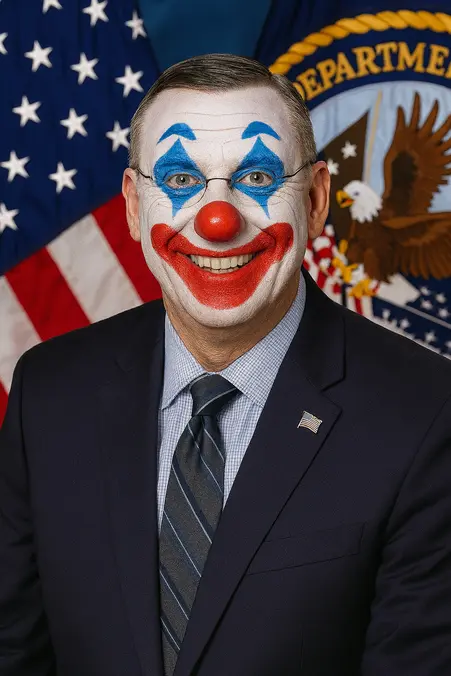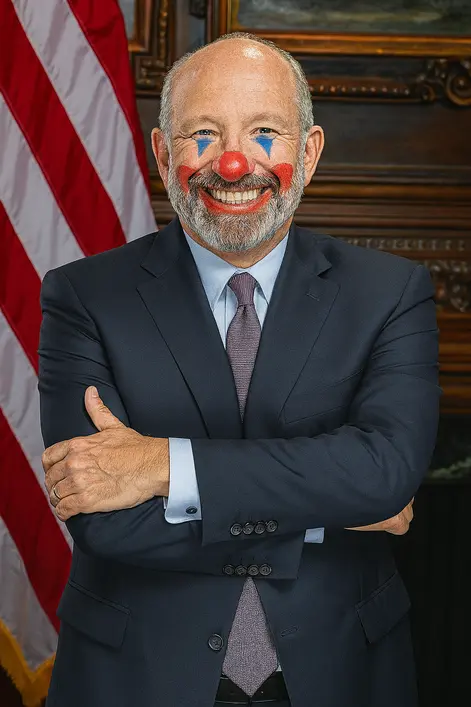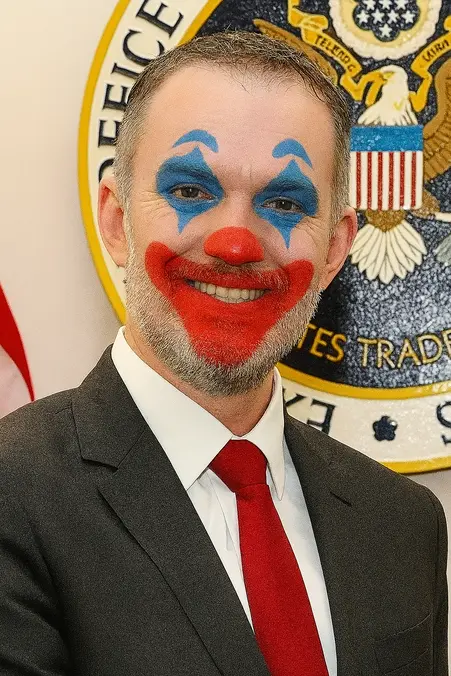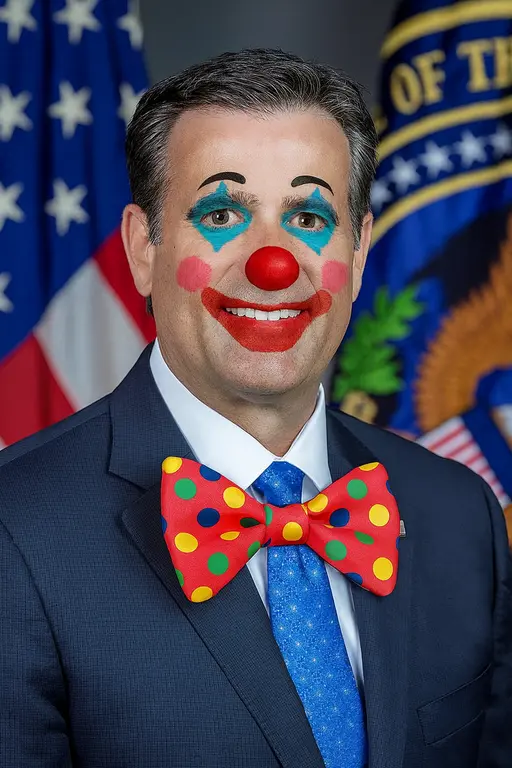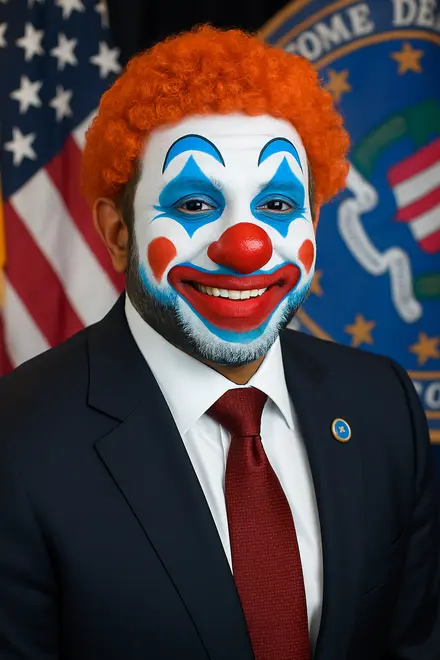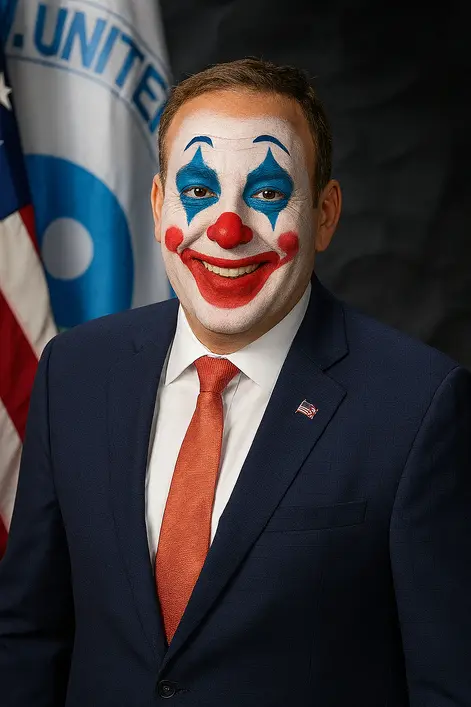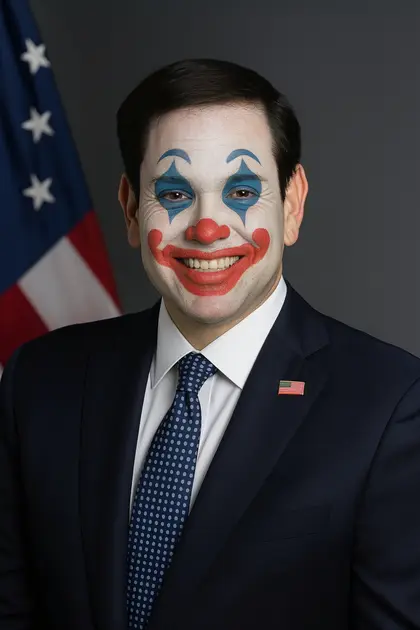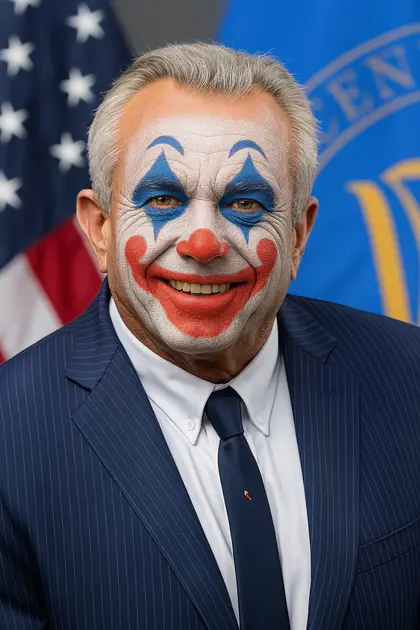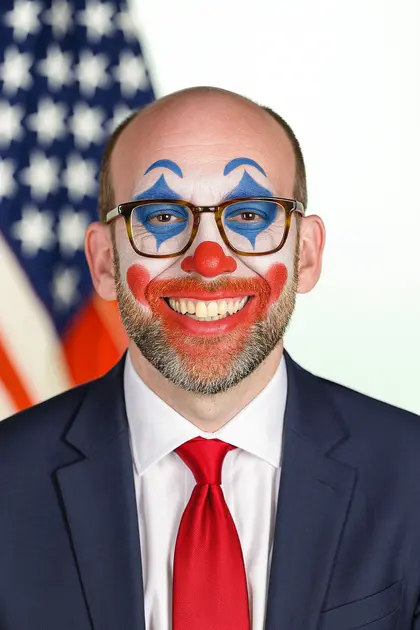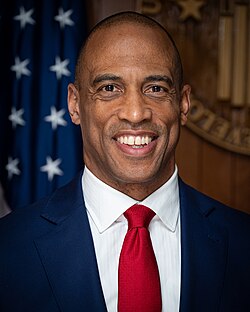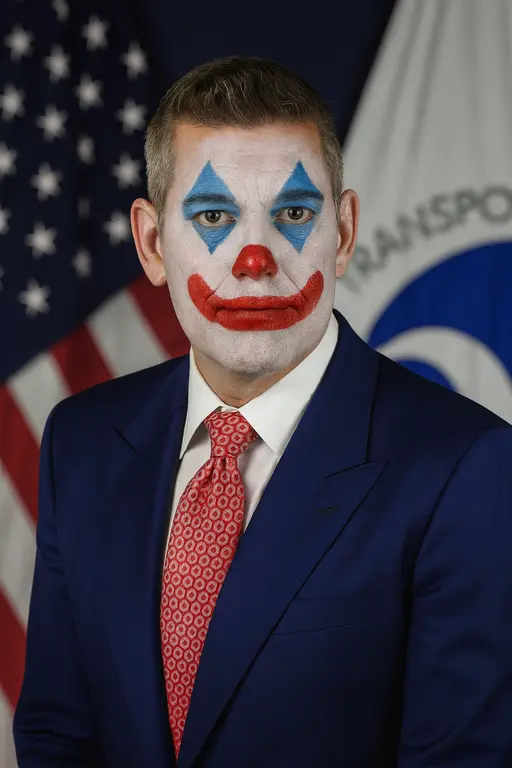Donny Declares ‘We’re Just Going to Kill Them’ — Congress Be Damned
Assessment of Trump's Military Action Against 'Narco-Terrorists'
Assault on Democracy Authoritarian RiskRationale
By bypassing Congress for military action and threatening to escalate military engagements without clear legal authority, Trump's actions undermine the legislative branch's oversight role and reflect a dangerous trend of consolidating power in the executive. This approach risks setting a precedent for authoritarian governance, where checks and balances are ignored in favor of unilateral decision-making.
In a sentence that should have set off every constitutional alarm bell in the country, President Donald “The Mad King” Trump announced the U.S. will continue killing people it accuses of trafficking drugs — without asking Congress for a declaration of war. Yes, really. In the new Donny doctrine, due process is optional, sovereignty is a suggestion, and the separation of powers is nothing more than a decorative backdrop for photo ops.
“I think we’re just going to kill people that are bringing drugs into our country. OK? We’re going to kill them.” Donny
That line — crude, brutal, and worryingly explicit — came after a string of strikes on vessels in the Caribbean and Pacific that have already left at least 37 people dead, and the administration is openly threatening to expand strikes to land targets. The White House insists these are lawful blows against “narco-terrorists,” having slapped the terrorist label on various Latin American cartels to justify military-style operations. But as legal scholars, allied governments, and basic decency keep pointing out, druggers ≠ combatants, and summary executions in international waters don’t magically become legal because they come with a press release.
Rather than submit to Article I — you know, the whole “Congress declares war” bit — the Mad King has decided the executive branch can wage a rolling, unauthorized campaign whenever it pleases. The Senate even rejected a bill that would have required congressional approval for future strikes on drug-trafficking vessels, clearing the runway for more unilateral action. In other words: Congress shrugged, the Pentagon got its marching orders, and civilians died.
The administration’s rhetorical escalation—Defense Secretary Pete Hegseth comparing cartels to al-Qaeda and Trump promising to “kill them”—isn’t just overseas saber-rattling. It’s a domestic political performance piece that dangerously normalizes extrajudicial force. Labeling criminal networks “terrorists” to sidestep legal constraints is a tidy one-two: it manufactures a public enemy and then strips away the legal barriers that require oversight. That’s not policy; it’s a blueprint for executive impunity.
The international fallout is predictably ugly. Venezuela and Colombia have accused the U.S. of violating sovereignty and international law. Regional partners are alarmed that a country which used to at least pretend to consult allies is now treating military force like a unilateral gadget in the presidential toolbox. The strikes blur the line between law enforcement and warfare, turning every fishing boat and cargo vessel into a potential target and making the seas more dangerous for innocents and professionals alike.
The stated goal—stop drugs—sounds noble until you remember the missing middle: evidence, accountability, proportionality, and legal authorization. Without those, you don’t have policy; you have vengeance dressed up as strategy. The human cost is already clear: dozens dead, families shattered, and a region pushed further from cooperation and closer to chaos. The strategic cost is also obvious: diplomatic isolation, legal challenges, and a precedent that will outlast any particular administration.
This isn’t how a republic is supposed to work. The Founders put war powers in Congress for a reason. If the president can unilaterally order lethal strikes across foreign seas and then widen the campaign to terra firma without parliamentary oversight, the constitutional firewall meant to prevent exactly this sort of runaway executive power has been gutted.
So what now? At a minimum, Congress should reassert its authority, demand classified briefings, hold hearings, and legislate clear limits on when and how force can be used against transnational criminal networks — not as theatre, but as law. Allies and international institutions should press for transparency and accountability. And the public, which pays the price in both blood and legitimacy, should treat this not as “strong leadership” but as a dangerous shortcut to lawlessness.
Donny’s war on drugs has become a war on rules. And the first casualty is the constitutional order that’s supposed to stop a president from turning applause lines into airstrikes.
The Mad King Blinks: Donny Backs Down (For Now) on Sending Troops Into San Francisco
Evaluation of Trump's Military Deployment Plans in San Francisco
Assault on Democracy Authoritarian RiskRationale
The planned military deployment in San Francisco raised concerns about the violation of the Posse Comitatus Act, which restricts military involvement in domestic law enforcement, highlighting an erosion of civil liberties. Additionally, the suggestion of future deployment reflects a tendency toward militarization against local protests and dissent, indicating a potential shift toward authoritarian governance.
After weeks of threatening to “liberate” San Francisco with military force like some delusional warlord reenacting a Tom Clancy novel, The Mad King has blinked. Donny has abruptly reversed his decision to deploy troops to the city — for now — claiming he’s giving local leaders “a chance to fix it themselves.”
Translation: the optics got bad, the lawyers got nervous, and the billionaires called.
According to reports, the reversal came after furious backlash from Bay Area residents, civil rights groups, and even tech industry heavyweights who warned that turning the nation’s innovation hub into a militarized zone might, you know, destroy the economy. (Apparently, venture capitalists get jumpy when tanks roll past their Teslas.)
Trump also had a call with Mayor Daniel Lurie, who reportedly begged him to hold off on the invasion and promised to address the city’s issues “without federal boots on the ground.” For now, the Mad King has agreed — but in typical Trump fashion, he couldn’t resist the parting threat.
“We’ll see how they do. If they can’t handle it, we’ll handle it for them,” he sneered, leaving the door wide open for another round of “Operation Freedom From Democracy.”
Because of course he did.
This half-hearted reversal comes after similar deployments in Los Angeles and Portland, both of which descended into constitutional dumpster fires — complete with lawsuits, protests, and footage of unidentified agents snatching civilians off the streets. Those fiascos triggered fresh debate over the Posse Comitatus Act, the 19th-century law that bars federal troops from acting as domestic police. (A law that, apparently, The Don thinks is more of a suggestion.)
Critics were quick to call this latest stunt what it is: a test balloon for authoritarianism. Governor Gavin Newsom blasted the planned deployment as “an illegal abuse of power,” and civil rights groups accused the administration of turning immigration enforcement into political theater. Even Trump’s allies in Congress seemed confused about what exactly soldiers were supposed to do in San Francisco — besides intimidate voters and pose for Fox News B-roll.
But make no mistake: this is not some newfound humility from the Mad King. It’s a tactical retreat. When Trump faces resistance, he doesn’t rethink his approach — he just waits for a weaker moment to strike.
And let’s be clear: this entire debacle started because The Don wanted to punish California — again. His obsession with “Democrat-run cities” has turned into a running vendetta, a red-meat rally cry for his base and a convenient excuse to project “toughness” without achieving anything resembling governance.
The idea of using federal troops against Americans is no longer hypothetical under Trump — it’s a recurring plotline. And every time he backs off, it’s not because he’s grown a conscience. It’s because someone convinced him the backlash might hurt his brand.
This time, the pushback came not just from local leaders and residents but from the billionaire boys’ club of Silicon Valley, who reportedly warned that a military occupation would “destabilize business confidence.” Translation: the donor class finally said “enough.” And if there’s one thing The Don listens to more than his ego, it’s his wallet.
So yes, San Francisco gets a reprieve — for now. The tanks won’t roll over the Golden Gate Bridge this week. But no one should mistake this pause for peace. The Mad King hasn’t changed; he’s just regrouping.
Because this isn’t about San Francisco’s homelessness or immigration or public safety. It’s about control — and about the thrill of threatening it.
So when Donny says, “We’ll see how they do,” what he really means is, “We’ll see how much fear I can still sell.”
And if history is any guide, he’ll be back. With more troops. More bluster. More chaos. Because the Mad King never truly retreats — he just reloads.
